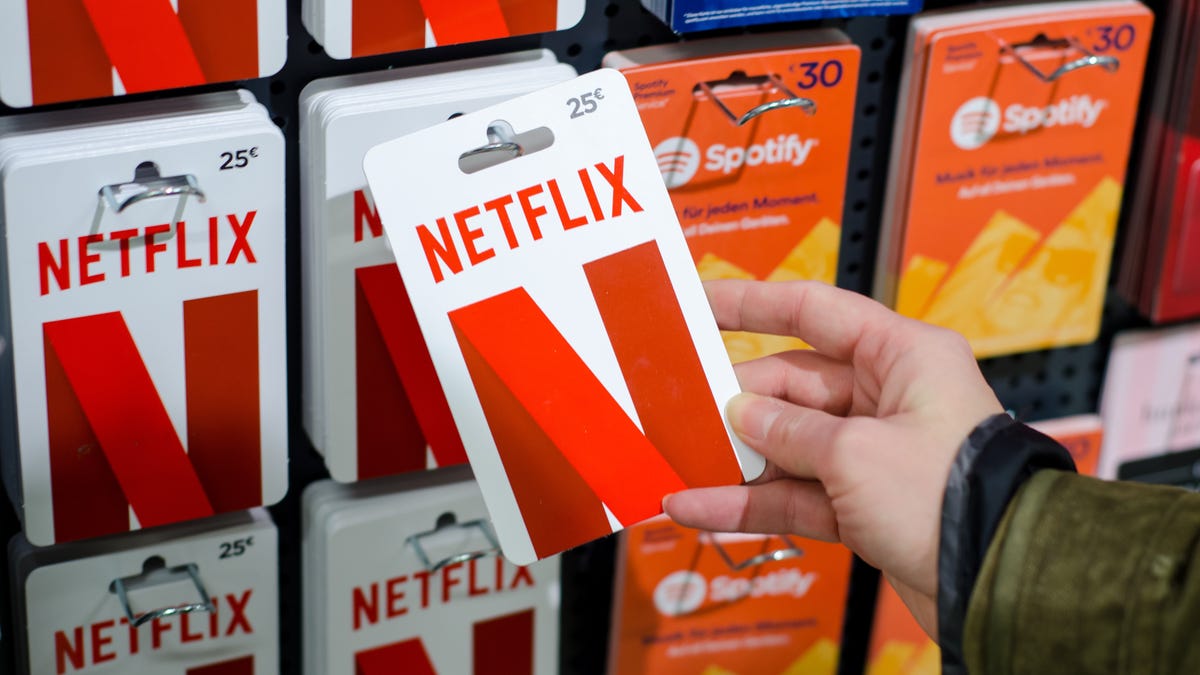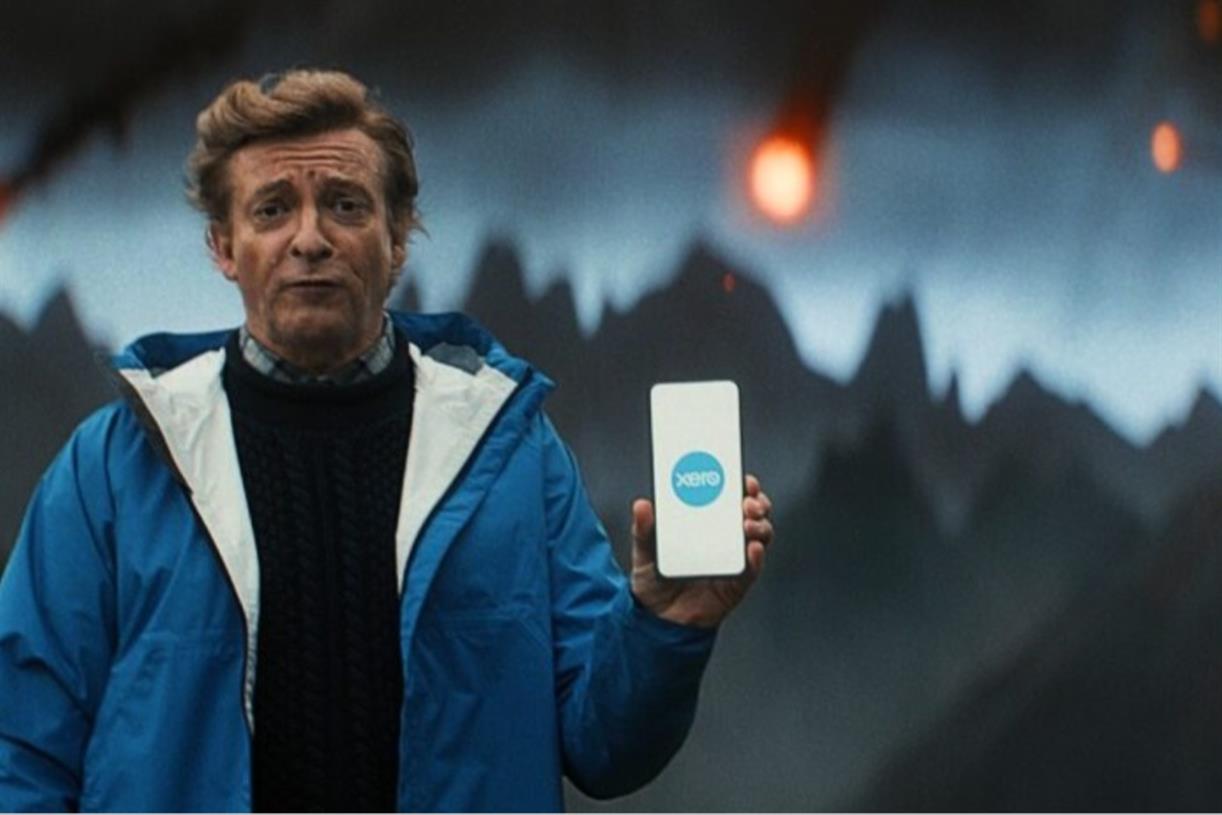US$13B debt, declining users, layoffs, rival platforms: Will Twitter be the next MySpace?
Millions of Twitter's users flee to rival platforms as Elon Musk seeks to reduce its debt of US$13B. Does this signal the demise of Twitter?

Disclaimer: Opinions expressed below belong solely to the author.
Ever since billionaire Elon Musk’s takeover of Twitter in October, an impending sense of doom has been hovering over the social media platform and its users.
From issuing an ultimatum to his (remaining) employees to launching a paid verification feature which majorly backfired on him, Musk is sending an already dying social media platform to its grave.
 Twitter Blue, the social media platform’s paid verification feature/ Image Credit: Mashable
Twitter Blue, the social media platform’s paid verification feature/ Image Credit: MashableBefore Musk’s acquisition of Twitter, the social media platform incurred a net debt of US$596.50 million last year, according to the Wall Street Journal, and was struggling to attract new users as well as increase its revenue.
The company had not turned a profit for eight out of the past 10 years.
Post acquisition, although it is tougher to determine the financial health of Twitter as Musk has privatised the social media company, analysts have pieced together an assessment from the company’s last regulatory filings and Musks’ public statements to find that the net debt Twitter has accrued snowballed to a whopping sum of US$13 billion.
In addition, the company, which generates over 90 per cent of its revenue from advertising, is seeing big advertisers such as WPP’s Group M and Omnicom fleeing, and pausing their spending on the social media platform as there is a growing concern towards the future business model of Twitter.
There is no denying that the social media platform was on its way to its grave — its financial performance itself is proof of this — and Musk just accelerated its death through his reckless moves and hasty decisions.
Users are fleeing the social media platform
Big advertisers aside, Twitter’s users are also fleeing the platform.
According to MIT Technology Review, the platform Bot Sentinel — which tracks inauthentic behaviour on Twitter — believes that around 877,000 accounts were deactivated and a further 497,000 were suspended between Musk’s takeover of Twitter in end October and November 1, which is more than double the average number of accounts.
Celebrities such as Gigi Hadid and Shonda Rhimes have also bowed out of Twitter, citing that Musk’s takeover has only created a “cesspool of hate and bigotry”, which is true considering that Twitter saw a nearly 500 per cent increase in use of the racial slurs within 12 hours of Musk’s takeover.
 Gigi Hadid announcing the deactivation of Twitter through an Instagram story / Image Credit: PopBase@Twitter
Gigi Hadid announcing the deactivation of Twitter through an Instagram story / Image Credit: PopBase@Twitter  Shonda Rhimes’ last tweet on Twitter / Image Credit: Screengrab by Vulcan Post
Shonda Rhimes’ last tweet on Twitter / Image Credit: Screengrab by Vulcan PostBut what’s interesting is that the users who have quit Twitter did not just lay off social media — they have turned to alternative platforms, which reported huge increases in their user bases since Musk’s takeover.
Alternative Twitter platforms are seeing a surge in users
According to Fox Business, most of the smaller platforms which saw a surge in users share common elements, namely the absence of ads and algorithms.
One such platform is Hive Social, which has garnered over two million users since Musk’s Twitter takeover. The skyrocket of new users even led to the platform crashing a couple of times.
Hive Social combines concepts from Instagram, Twitter, and MySpace, including photo and video posts, status updates, an option to repost content, and even enables users to have a personalised music section on their profiles.
 Hive Social / Image Credit: Screengrab by Vulcan Post
Hive Social / Image Credit: Screengrab by Vulcan PostWhile the app is still far from perfect and has its fair share of bugs, Hive Social has managed to grow its funding as well, with more than 800 people investing over US$300,000 into the app through crowdfunding site WeFunder.
The additional funding that Hive Social has received will be put towards amping up accessibility and pushing out weekly development updates to the app to accommodate users’ feedback, according to the app’s 24-year-old CEO Raluca Pop.
Besides Hive Social, decentralised social media platform Mastodon is also trending among ex-Twitter users and businesses alike.
 Mastodon’s interface / Image Credit: Mastodon
Mastodon’s interface / Image Credit: MastodonAccording to SensorTower, the platform saw its downloads grow by 657 per cent in the 12 days following Musk’s ownership of Twitter.
Mastodon has been around since 2016, and is powered by a network of independent servers worldwide. The platform is similar to Twitter in the sense that they are both microblogging platforms — a user can publish posts which go into a central feed, which can be “starred” (liked), “boosted” (retweeted), and shared.
Alongside regular users, businesses and tech giants such as Volkswagen AG and Google have set up their official accounts on Mastodon as well.
In addition to the explosion in downloads of these new platforms, existing social media platform such as Tumblr also saw its adoption surge by 96 per cent in the US, and by 77 per cent worldwide.
 Mastodon and Tumblr’s surge in downloads since Musk’s takeover of Twitter/ Image Credit: SensorTower
Mastodon and Tumblr’s surge in downloads since Musk’s takeover of Twitter/ Image Credit: SensorTowerWith all these new platforms gaining traction, how exactly can Musk’s Twitter survive?
Musk’s MySpace moment
 Image Credit: Elon Musk @ Twitter
Image Credit: Elon Musk @ TwitterI can draw parallels between the death of one of the biggest social media sites, MySpace and Twitter.
MySpace fell from its grace due to the platform falling into bad hands in the face good competitors such as Facebook — does this sound familiar?
Twitter is already lagging behind other social media giants, sitting in 15th place by number of users, and has been overtaken by new entrants such as TikTok. Musk’s hostile management style only dug a deeper hole for the platform.
Running Twitter like an authoritarian regime, Musk slashed the social media platform’s workforce of 7,500 by half in a desperate attempt to reduce Twitter’s costs.
 Twitter before and after Musk’s takeover / Image Credit: Lauren Chen
Twitter before and after Musk’s takeover / Image Credit: Lauren ChenAlthough Twitter’s layoff can help the company save over US$860 million a year, an approximate 15 per cent of Twitter’s US$5.57 billion in costs and expenses last year, this move can also prove to be deadly to the social media platform — the company’s most critical engineers, developers and marketers have left Twitter.
The combination of these factors as well as the rise of social media platforms rivalling Twitter can only mean one thing: the platform is heading for its downfall.
Is bankruptcy the only way out?
 Image Credit: High Court Enforcement Group
Image Credit: High Court Enforcement GroupOn November 10, Musk warned about a potential bankruptcy in an all-hands meeting with Twitter’s staff, according to people familiar with the matter. This comes hot on the heels of an internal memo to employees in which Musk cautioned them of “dire economic challenges facing the company”.
While it is undeniable that Twitter is facing a barrage of challenges and most likely heading towards a downfall, analysts still believe that Musk can seek out other options before resorting to file a bankruptcy, according to Wall Street Journal.
If Musk does end up filing for bankruptcy, his US$27 billion investment will most likely be wiped out as equity holders will be the last to be paid out during a company restructure.
Instead of losing of his investment, Musk can buy back Twitter’s debt from lenders at a steep discount to reduce the company’s debt load and interest costs, as well as its valuation, former credit analyst and founder of data provider Enersection LLC, Jeffrey Davies, told Wall Street Journal.
This will end up being beneficial for the company in the long run.
Besides that, according to finance professor David Kass, Twitter could also replace some of its debt with equity and if successful, Twitter can generate positive free cash flow in two or three years.
It all lies on Musk’s course of action. If the right steps are taken at the right time, maybe Twitter can be saved.
Featured Image Credit: Getty Images

 Konoly
Konoly 































